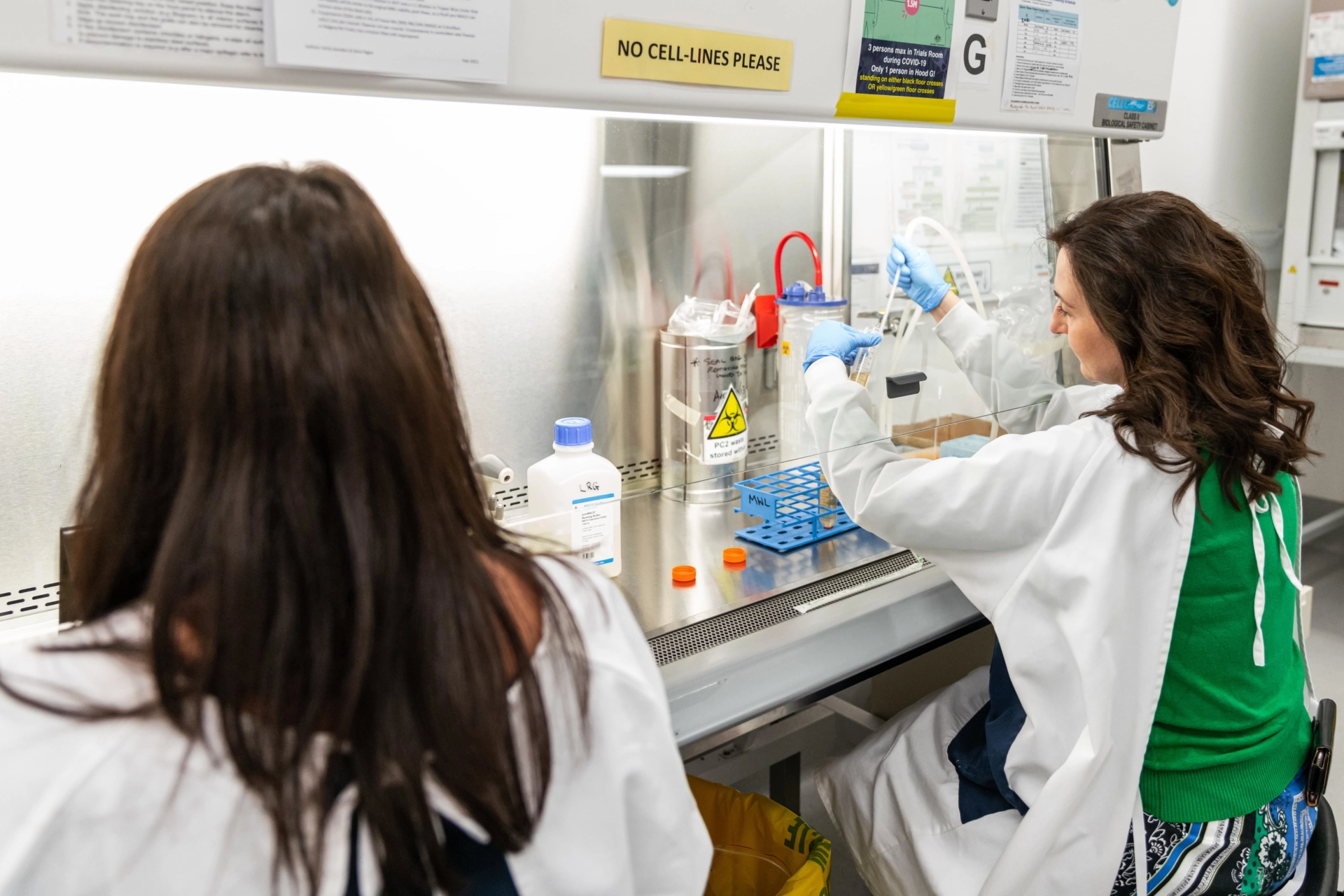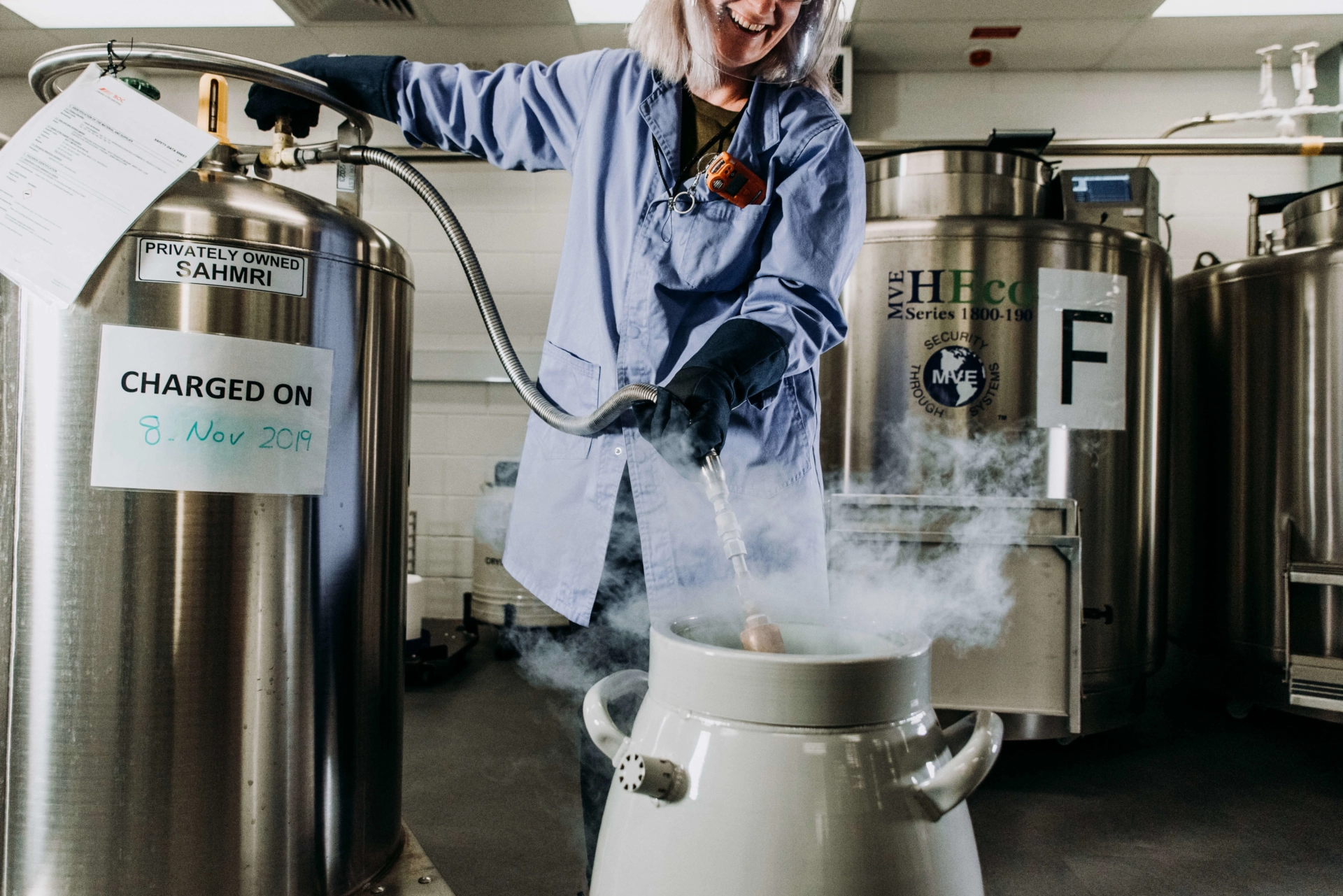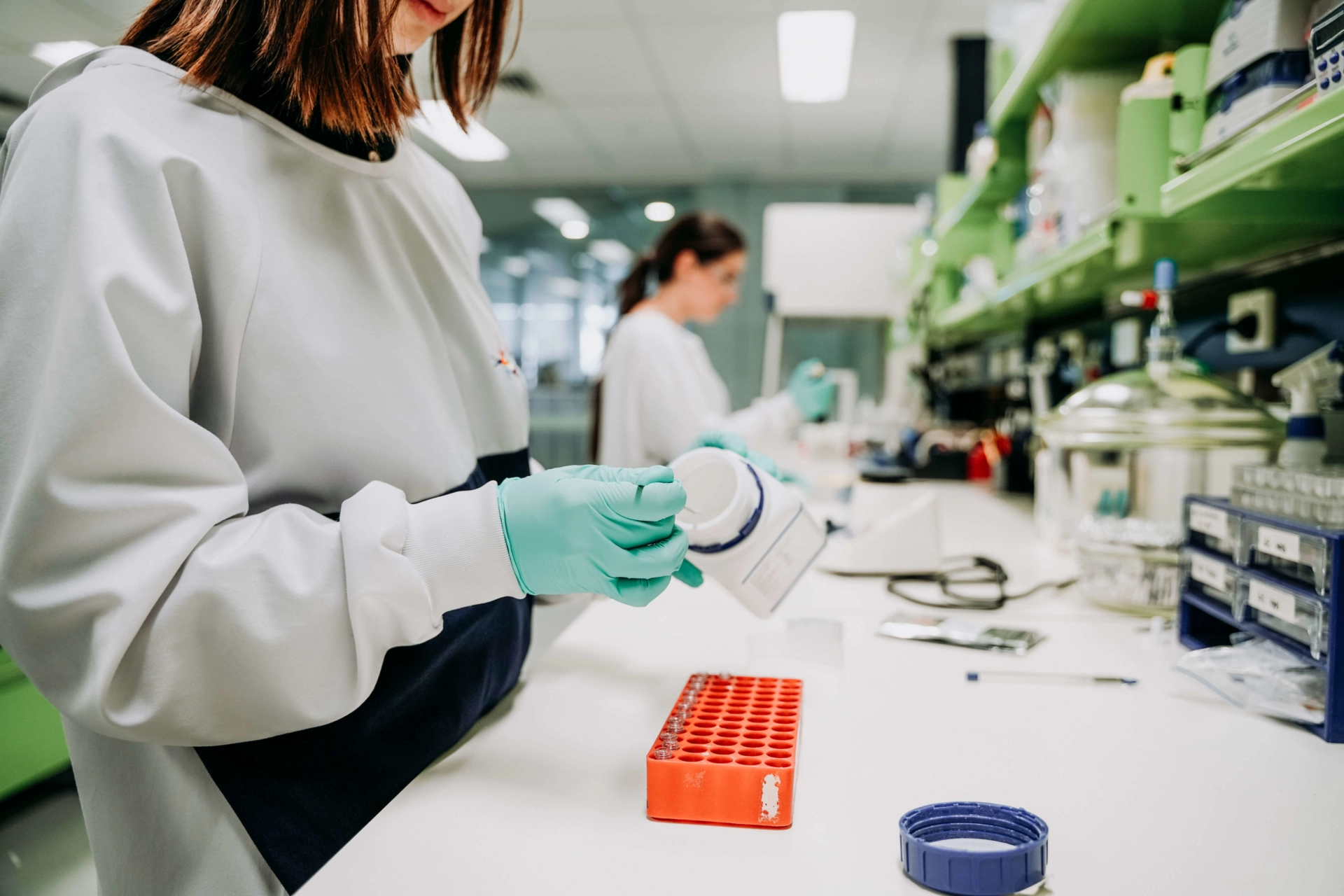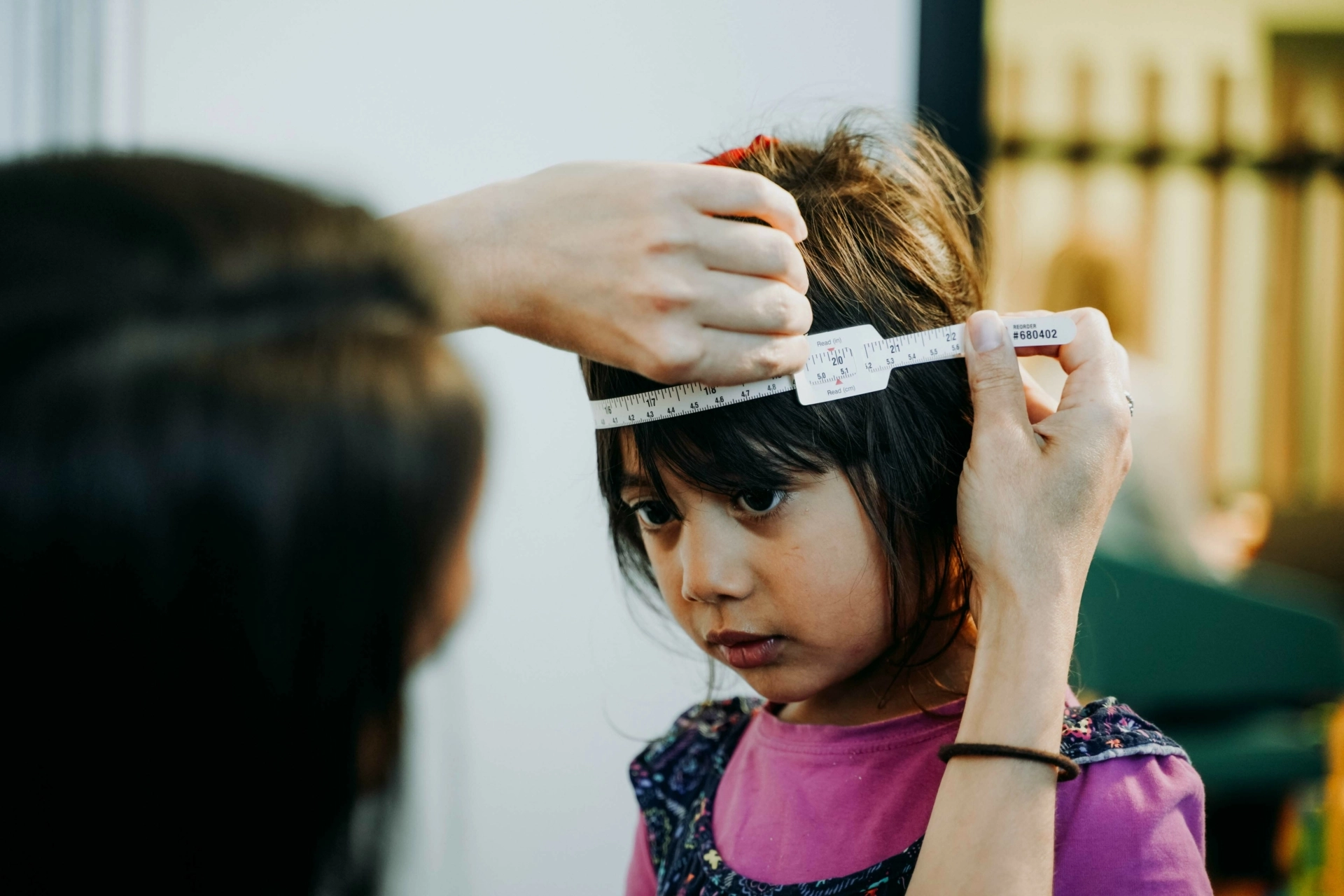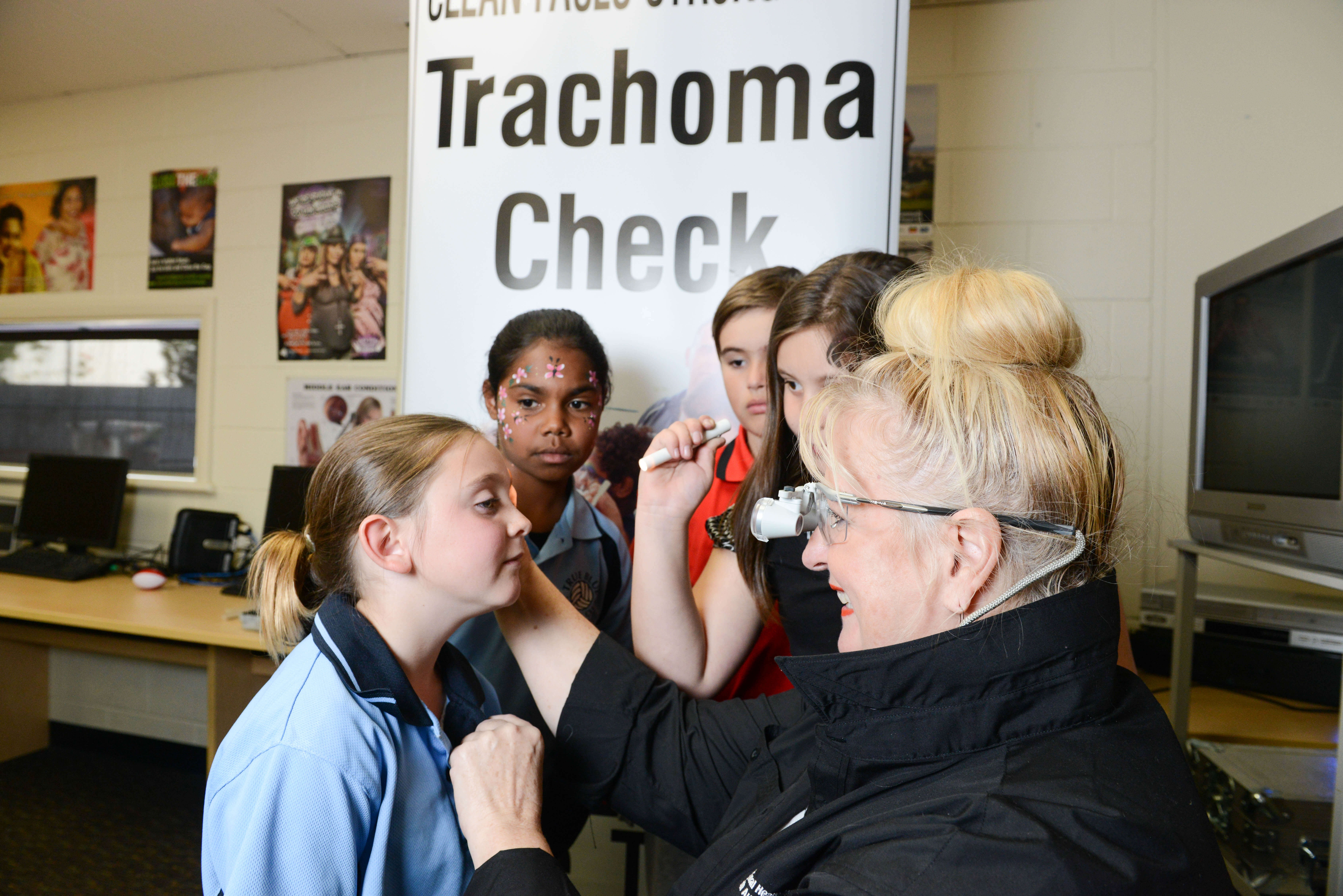
The Aboriginal Communities and Families Health Research Alliance (ACRA) brings together researchers, Aboriginal community members, policymakers and service providers to facilitate community-driven, culturally respectful research to benefit Aboriginal families and communities.
Led by Karen Glover and A/Prof Yvonne Clark
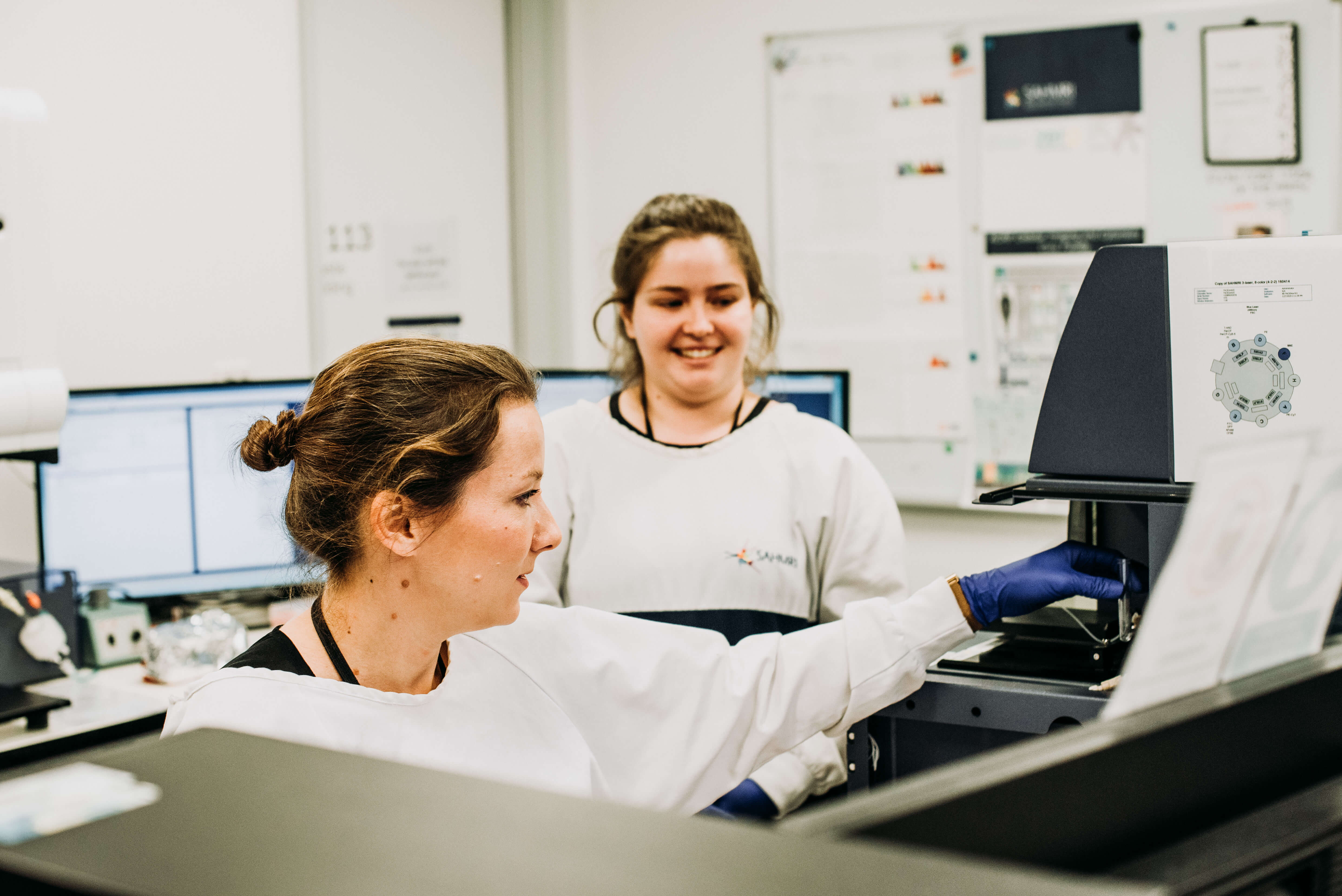
The focus of the Blood Cancer Program is research in the areas of acute lymphoblastic leukaemia, acute myeloid leukaemia, chronic myeloid leukaemia, myelodysplastic syndromes and myeloproliferative neoplasms.
Led by A/Prof Dan Thomas
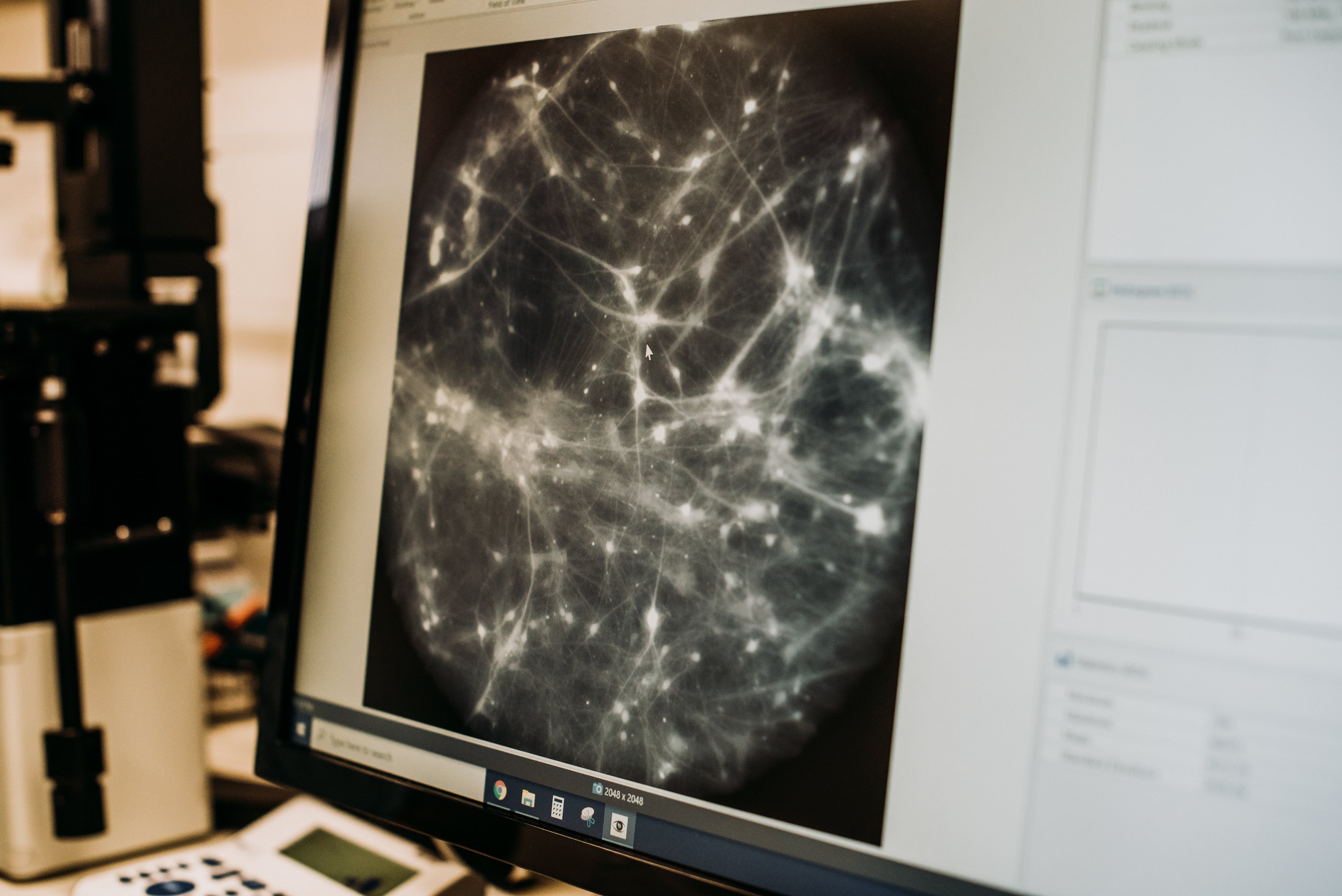
The Computational and Systems Biology program is developing advanced computational and experimental systems biology approaches to generate, interrogate and model complex biomedical and molecular data to enhance our understanding of how complex systems such as the immune system, cancer, or the nervous system are dysregulated in disease.
Led by Prof David Lynn

The Freemasons Centre for Male Health & Wellbeing (FCMHW) brings together researchers, stakeholder organisations and consumers from across South Australia and the Northern Territory via its NT and SA Divisions based at The Menzies School of Health, and SAHMRI, respectively.
Led by Prof Gary Wittert
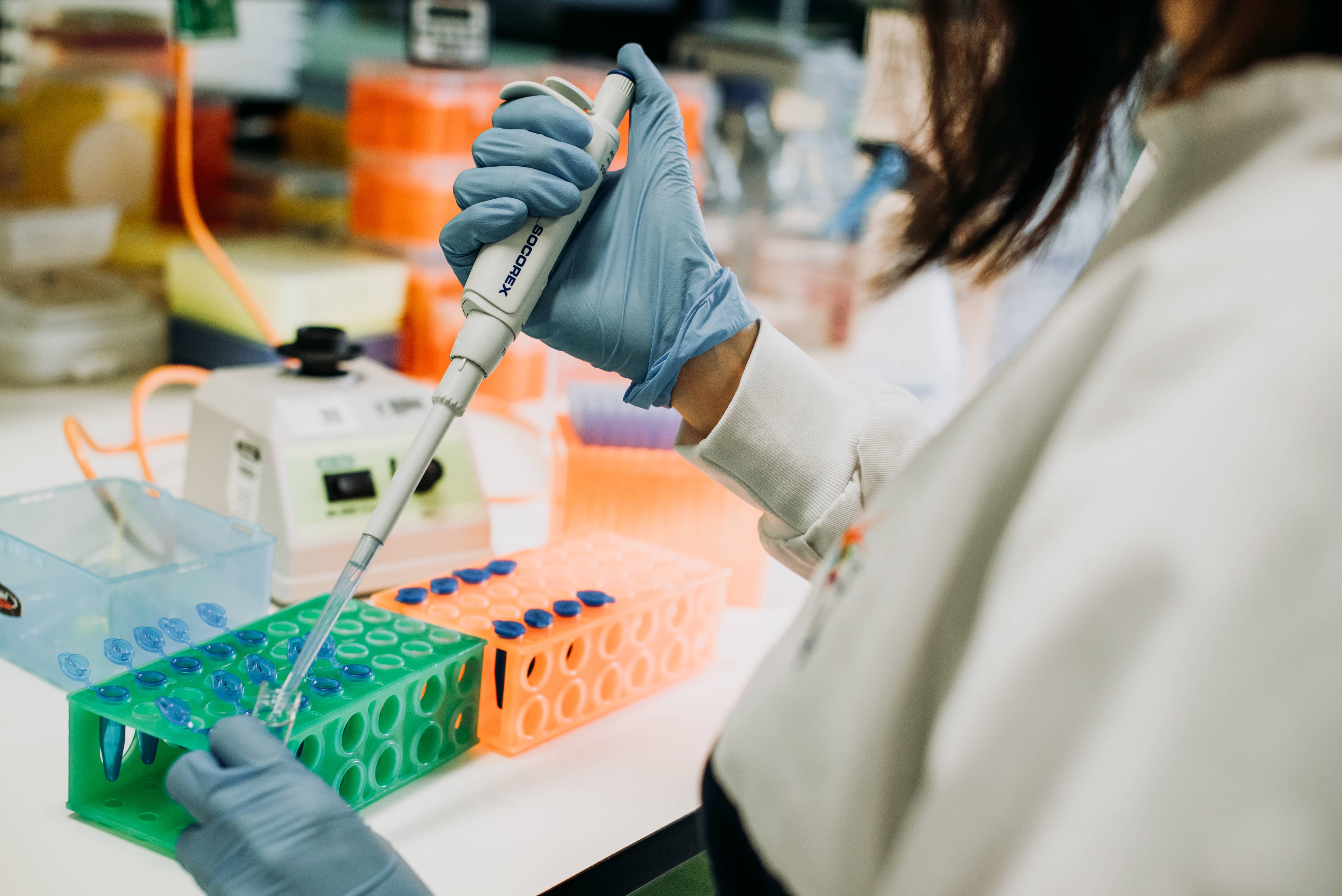
The Gene Editing program uses state-of-the-art molecular genetic technology to understand the pathology of and develop new therapies for relatively common genetic diseases such as childhood epilepsy, muscular dystrophy and blindness. The technology is called ‘Clustered Regularly Interspaced Short Palindromic Repeats’, or CRISPR for short. It acts like ‘genetic scissors’, able to cut DNA strands in specific locations to remove harmful genetic instructions or add beneficial ones.
Led by Prof Paul Thomas

The Health Policy Centre at SAHMRI works in partnership with the University of Adelaide School of Public Health to conduct a range of research activities to inform public health policy and interventions. The centre’s core work involves behavioural and policy research to inform public health interventions.
Led by Prof Caroline Miller
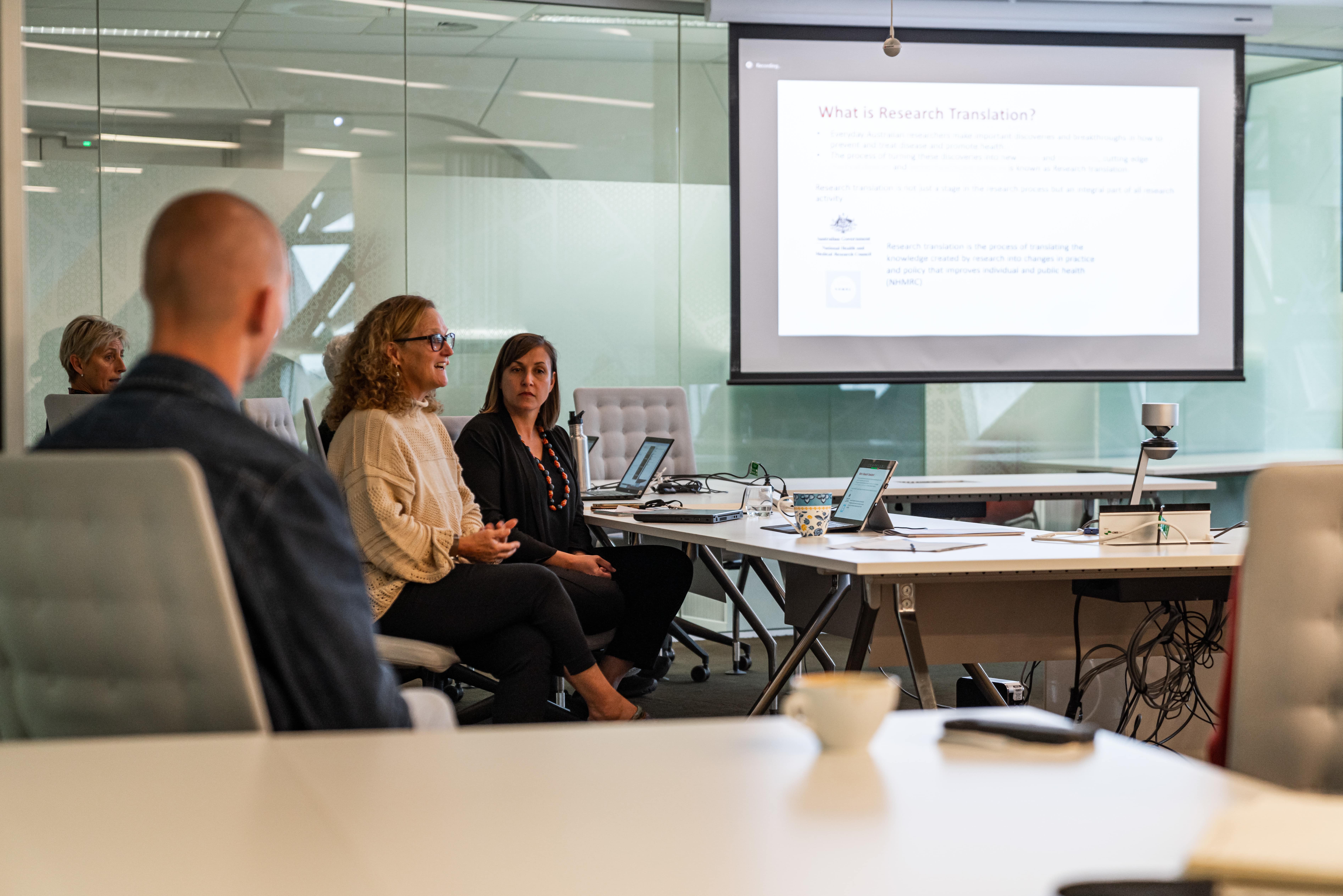
The Health Systems Research platform performs detailed research translation in primary care, community care and hospital settings to improve Aboriginal health outcomes.
Led by Kim Morey
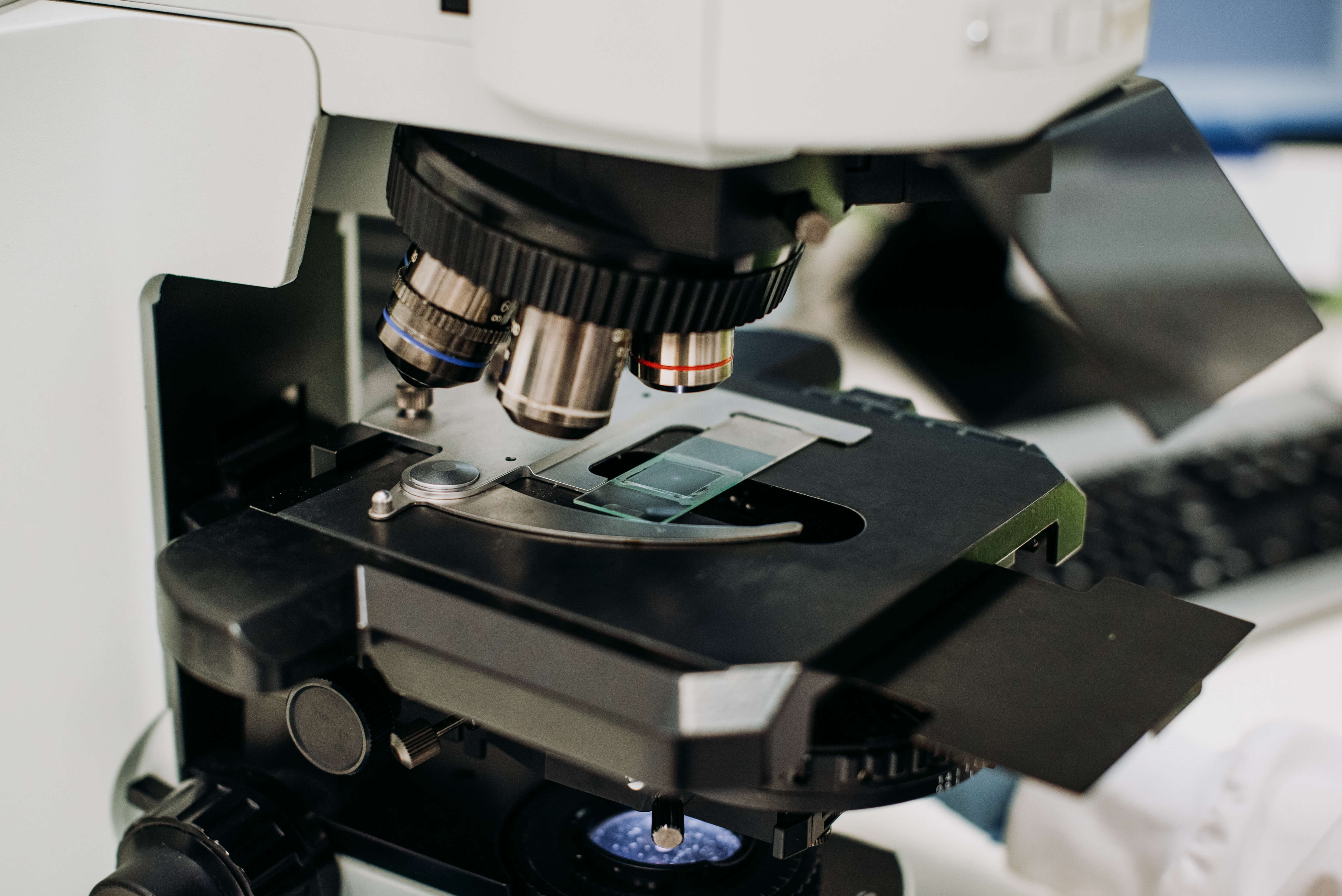
The Heart and Vascular Health research program is advancing the ability to prevent, detect and treat cardiovascular disease with a committed focus on translating research findings into improved health outcomes for all Australians.
Led by A/Prof Peter Psaltis
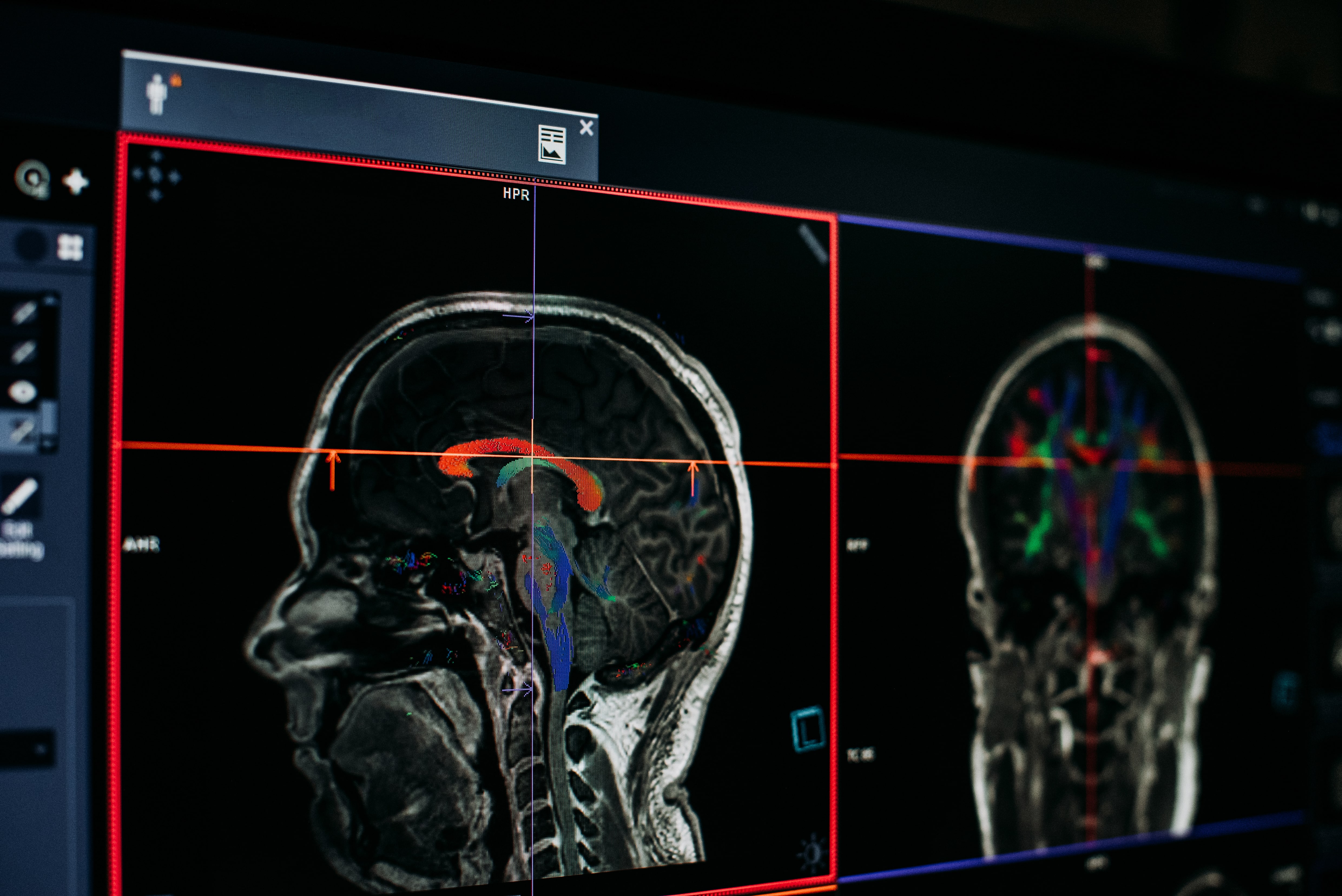
Research in the Hopwood Centre for Neurobiology is focused on identifying the causes of major neurological disorders including Alzheimer’s and Parkinson’s diseases, stroke, epilepsy, depression, spinal cord injury, and chronic pain.
Led by Prof Stuart Brierley
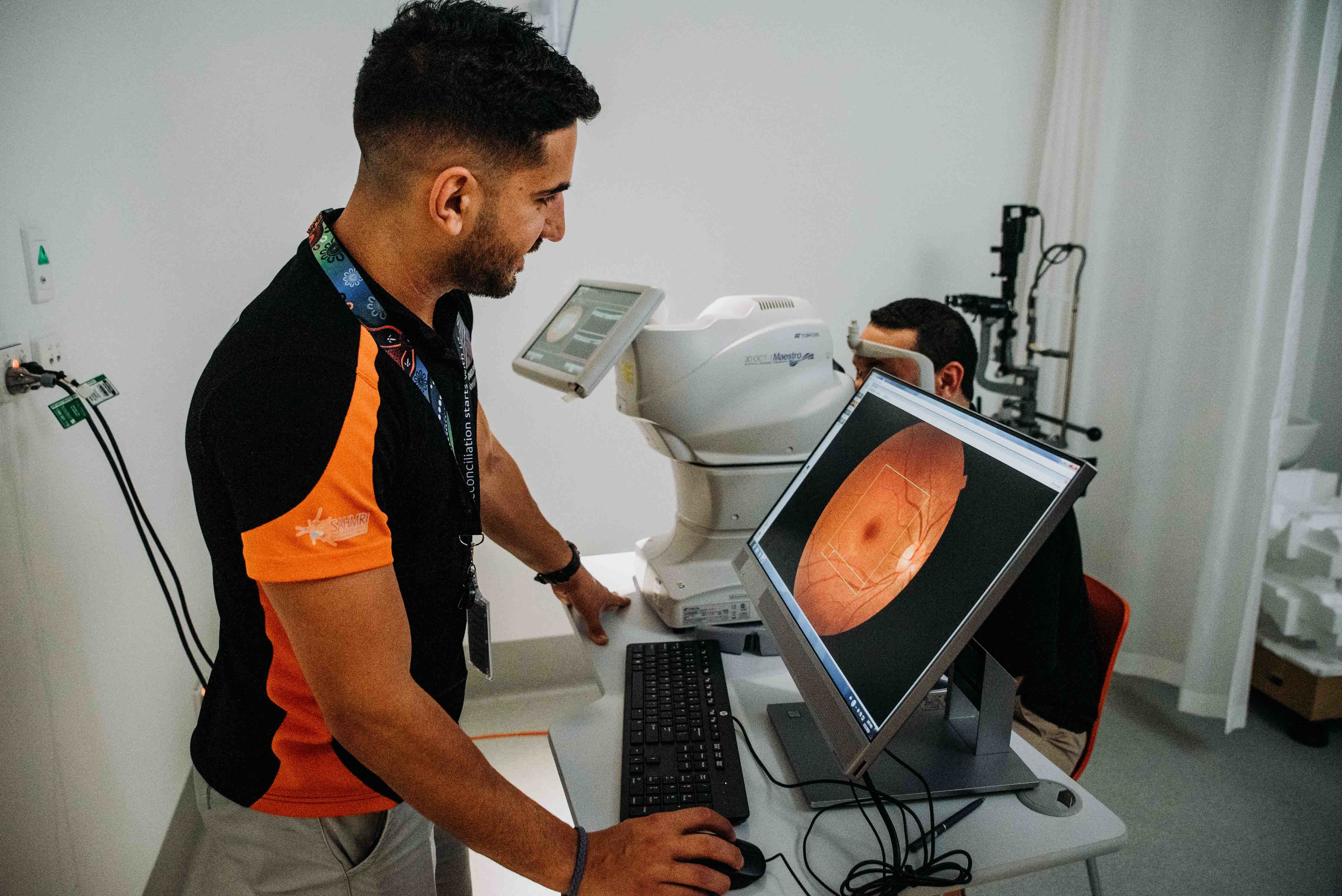
The Implementation Science program applies strategies and methods to enhance understanding of how to take action on the social determinants of health and other critical health issues of importance for Aboriginal and Torres Strait Islander health equity. The complex weave of social determinants, such as access to health care, housing, employment and financial security, are themselves an impediment to change.
Led by A/Prof Natasha Howard
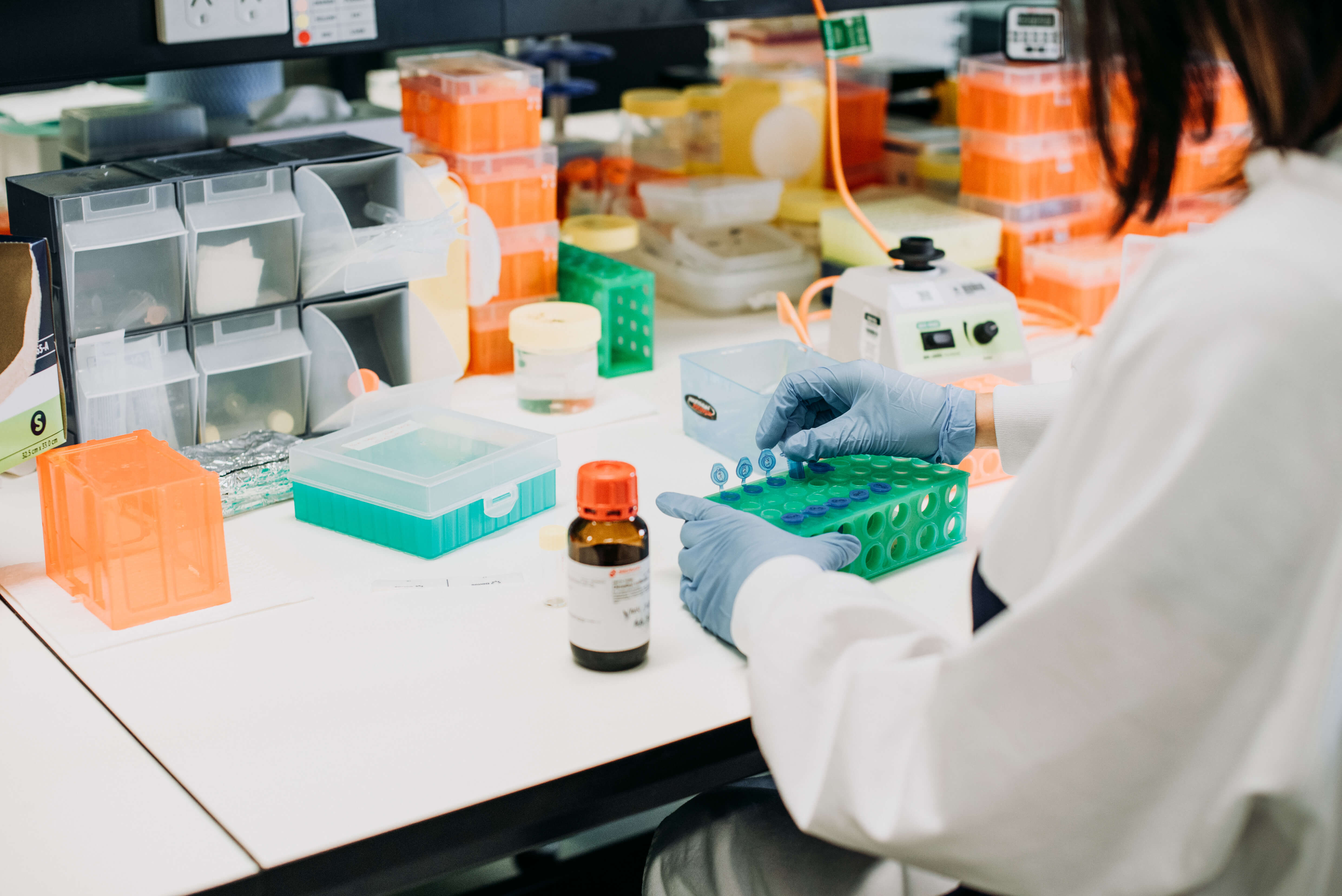
The Microbiome and Host Health program is focused on better understanding the influences of the microbiome on human health and disease across a wide range of research areas.
Led by Prof Geraint Rogers

The Nutrition, Diabetes and Gut Health program investigates the physiological mechanisms involved in the development of obesity, diabetes and metabolic syndromes as well as gastrointestinal disorders.
Led by Prof Amanda Page
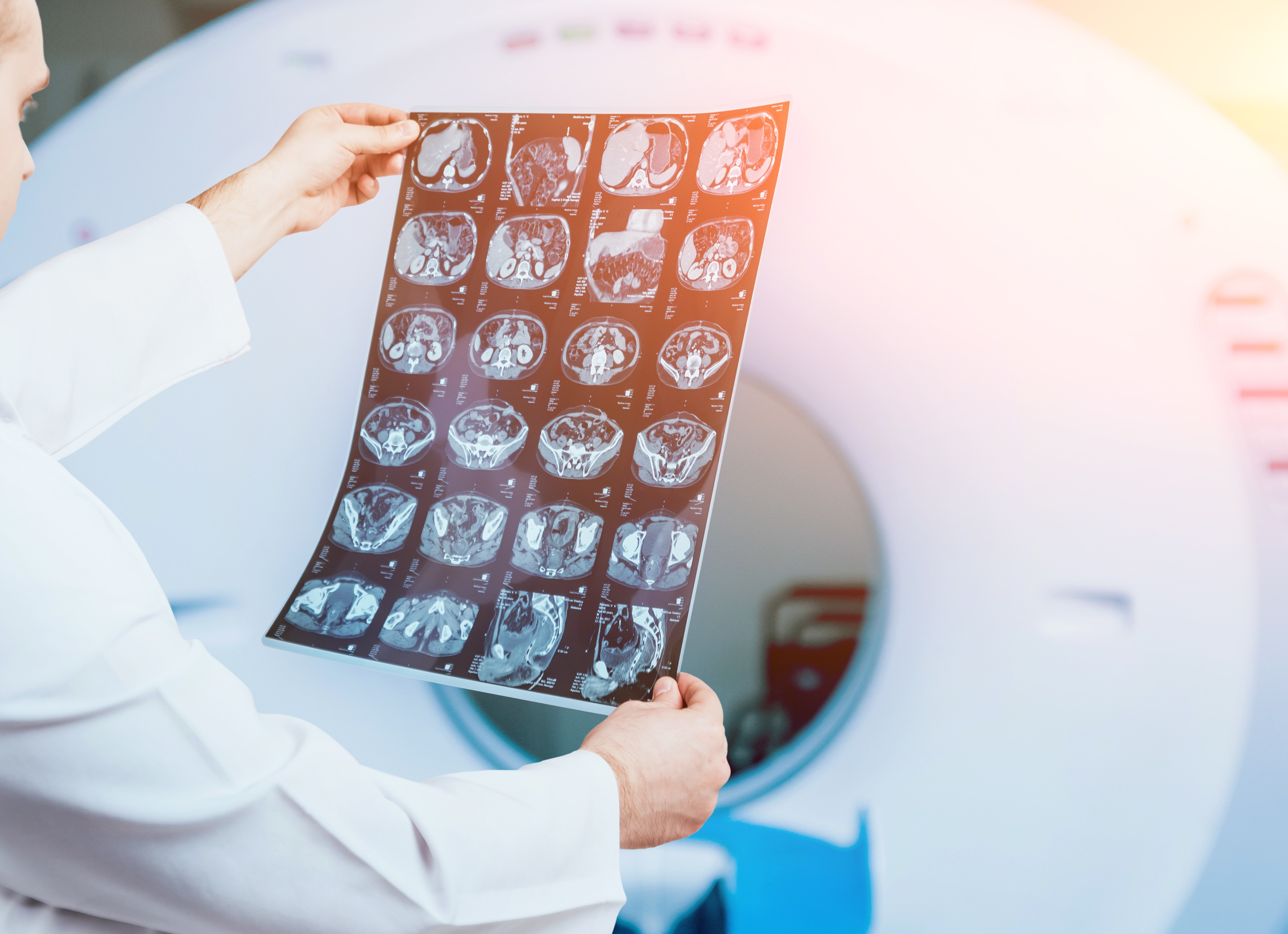
The Paediatric Neuro-Oncology Program is a relatively recent entity within SAHMRI’s Precision Cancer Medicine theme.
Led by A/Prof Jordan Hansford
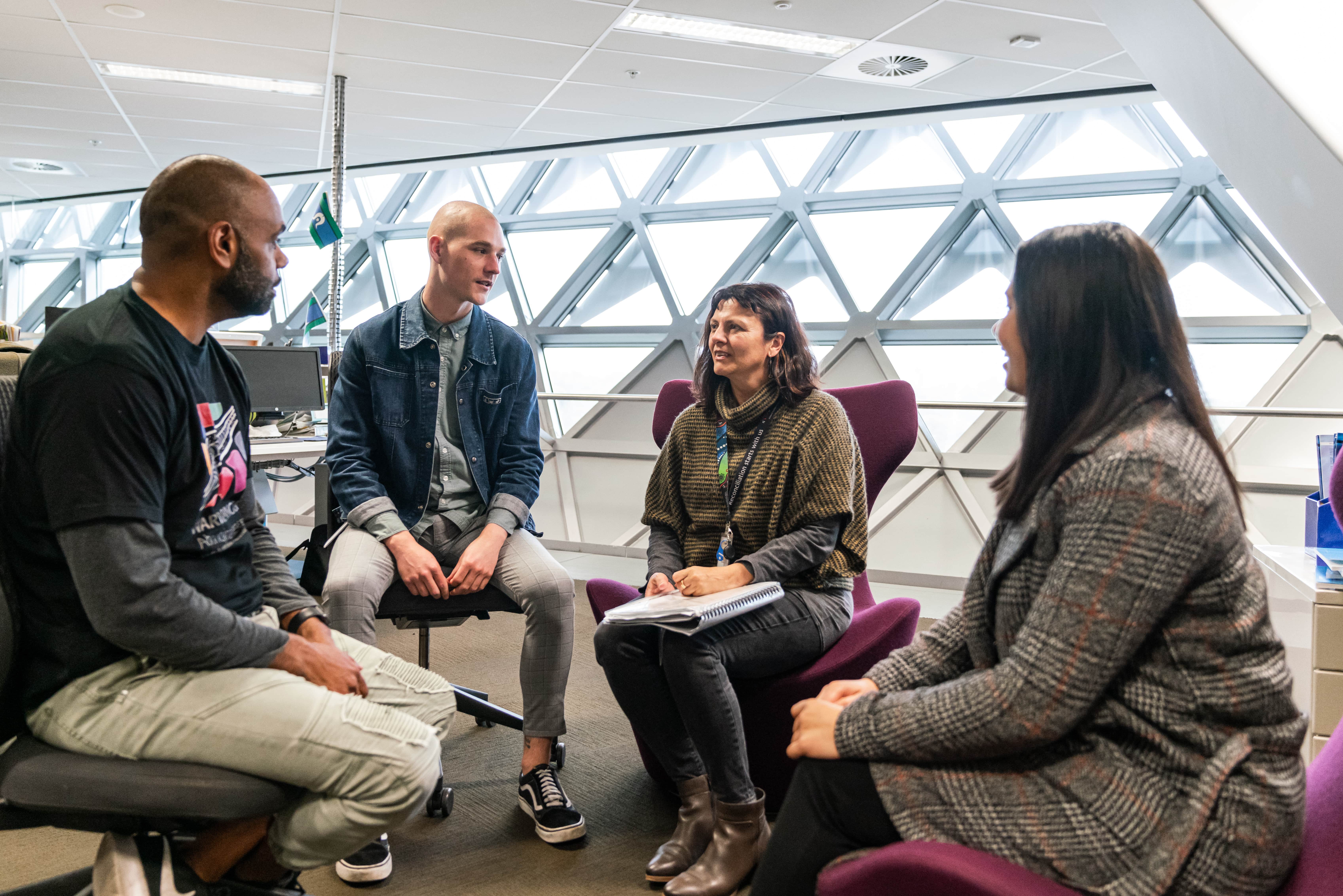
The Population Health platform aims to understand the needs and priorities of groups that not enough is known about including Aboriginal and Torres Strait Islander young people, men and older people. This will inform health and social systems change.
Led by A/Prof Odette Pearson

The Perinatal Trial Methodology team is developing and implementing new statistical approaches to improve the quality and impact of perinatal trials.
Led by A/Prof Lisa Yelland and Dr Thomas Sullivan
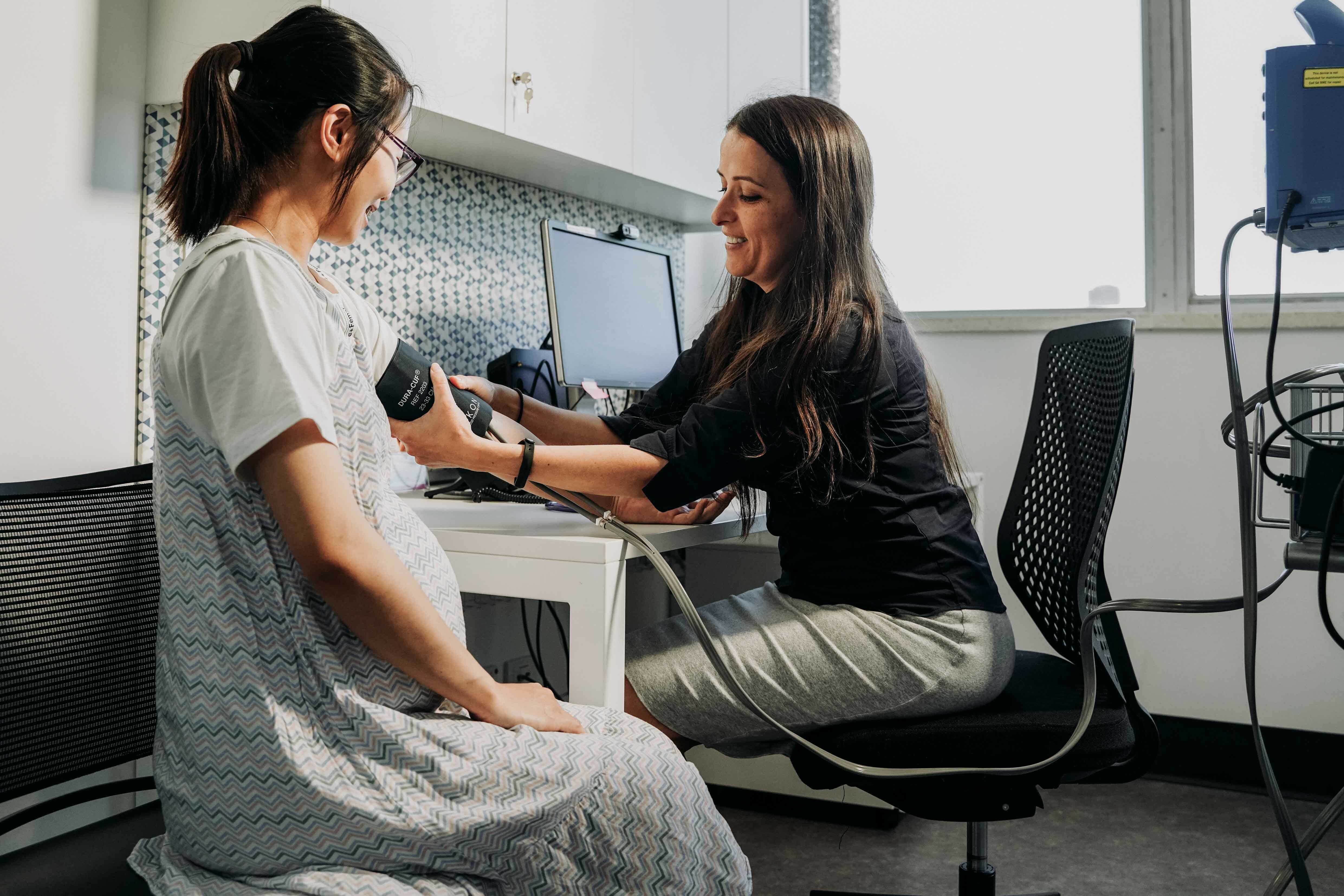
The Pregnancy and Newborn Health team is developing and implementing strategies to improve outcomes for pregnant women, young babies and families.
Led by Prof Philippa Middleton and Dr Karen Best
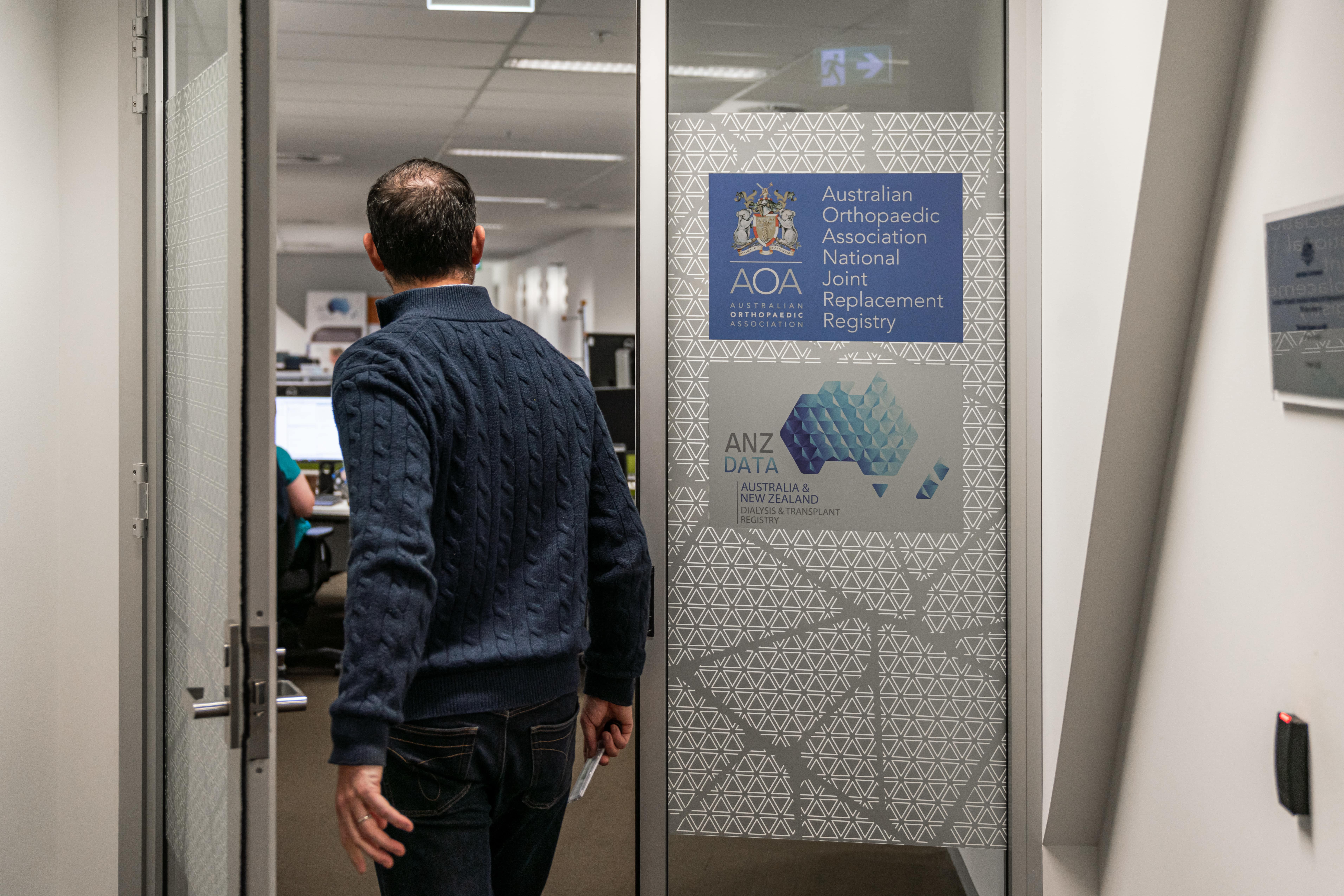
SAHMRI's Registry Centre is an important source of translational and observational research. Well-designed registries, particularly at the population level, form the ‘third pillar’ of scientific research in conjunction with clinical trials and laboratory work. SAHMRI believes population-based studies founded on registries can represent the most reliable option for identifying the actual effects of treatments and outcomes in the general population.
Led by Cindy Turner
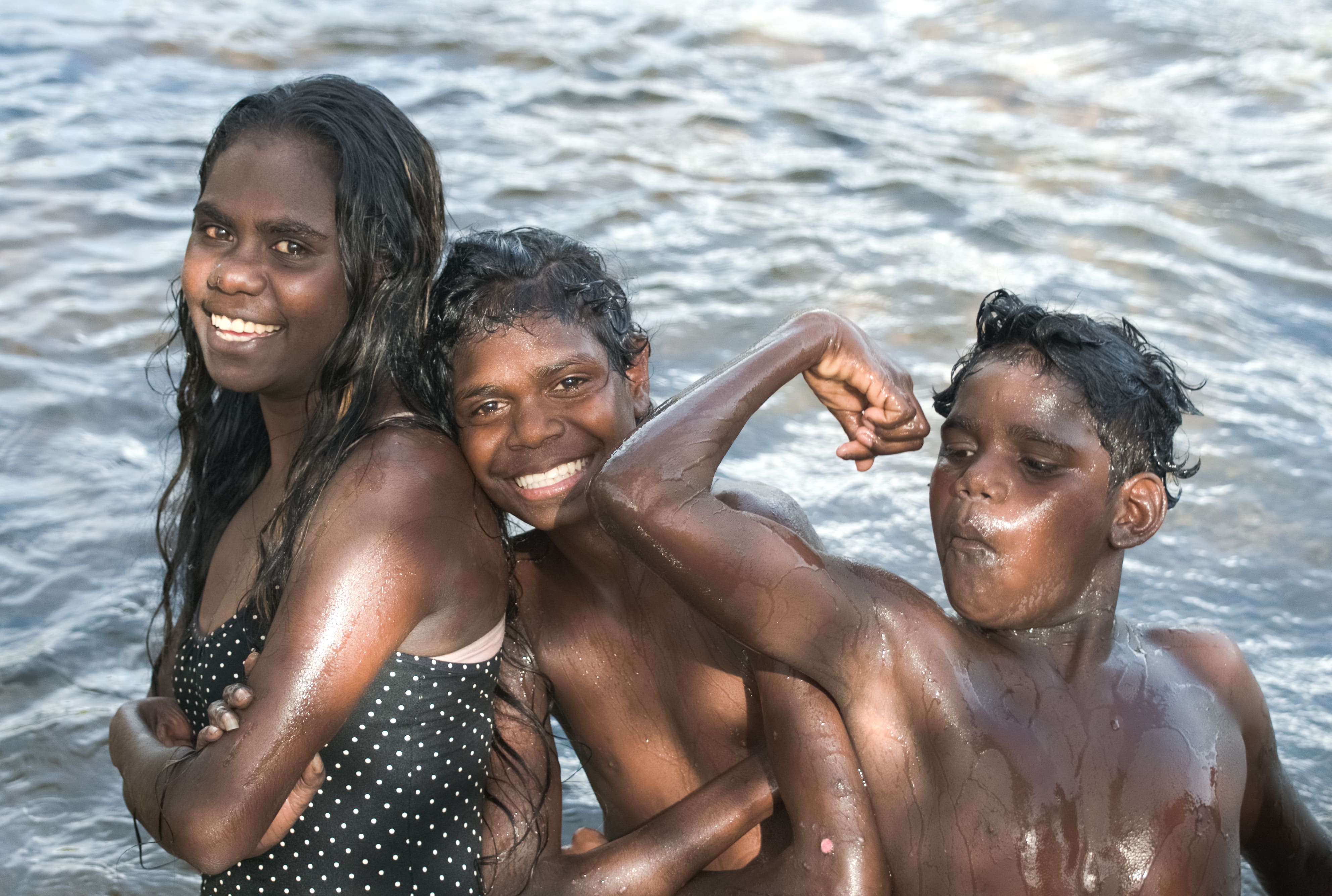
The Social and Emotional Wellbeing Research program works in partnership with young people to understand their priorities and needs and the best ways to address these. This includes informing evidence-based policies and co-designing accessible and responsive health services. The program has established extensive partnerships with young people, policy makers and implementation partners in Australia and globally, ensuring research is translated into action.
Led by Dr Rachel Reilly
Learn more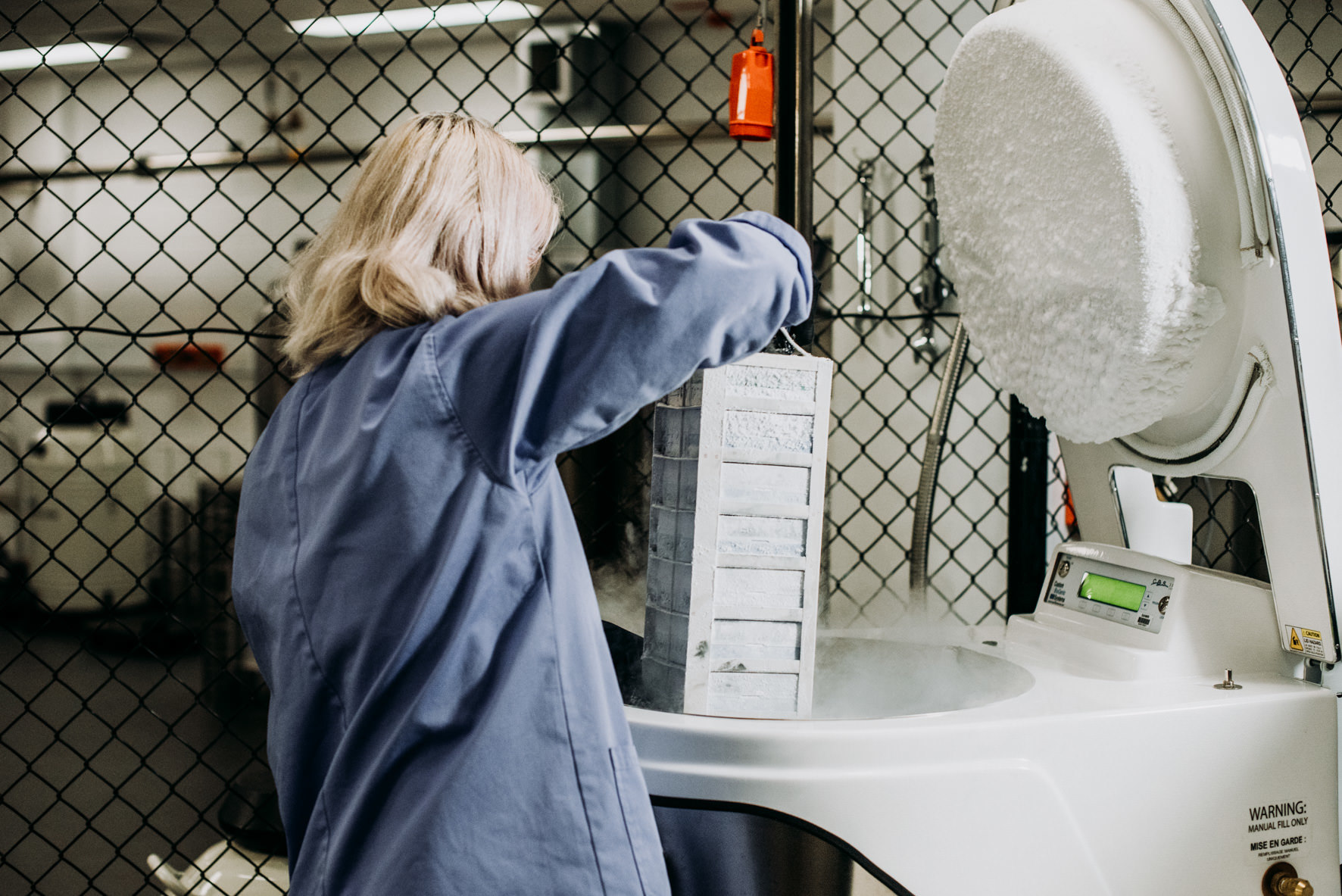
The Solid Tumour Program is a relatively recent entity within SAHMRI’s Precision Medicine theme. The institute’s former Cancer Program has evolved into two specialty programs focused on solid tumours and blood cancers.
Led by Prof Lisa Butler

The first 1,000 days in a babies life is a critical window when the foundations for later neurodevelopment are laid.
Neurodevelopment is genetically determined, but reliant on the availability of the right dose of the right nutrients, at the right time.
Led by Dr Jacqueline Gould
